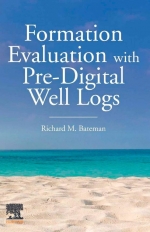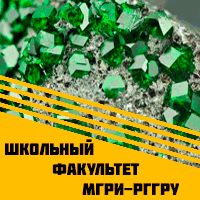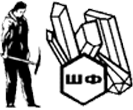Добрый день, Коллеги. Важное сообщение, просьба принять участие. Музей Ферсмана ищет помощь для реставрационных работ в помещении. Подробности по ссылке
Formation Evaluation with Pre-Digital Well Logs / Оценка пласта с помощью предварительных цифровых каротажных диаграмм
At the time of writing this work, the science and art of subsurface formation evaluation by means of well logging was entering its ninth decade. In 1927 when the first well log was recorded by the Schlumberger brothers, there were no transistors, no digital computers, and no cell phones. At that time, the measurement of subsurface formation properties was limited to a pen and ink trace on a moving roll of paper running in tandem with the progress of a rudimentary formation resistivity measuring device that was hauled up the borehole by a winch. As the art and science of well logging progressed through the 1930s, 1940s, and 1950s, more and more formation properties were measured, and the recording and analysis techniques were improved by leaps and bounds. The decades of the 1960s and 1970s saw the evolution of wireline logging from analog to digital as chronicled in the paper I presented at the 50th SPWLA Symposium held in The Woodlands in 20091. Today the majority of vital petrophysical rock properties are routinely measured, more or less directly, by a combination of sophisticated sensors and advanced modern signal processing and interpretation techniques. However, the same fundamental questions are asked today as they ere nine decades ago. The analyst still wants to know porosity, permeability, hydrocarbon type, and saturation in order to reap economic benefits from the subsurface. In general, today, porosity, permeability, and saturation are routinely available quasi-directly from a dazzling array of sensors employing physics, chemistry, biochemistry, acoustics, and sophisticated electronics only dreamed of by the pioneers of yesteryear <...>




